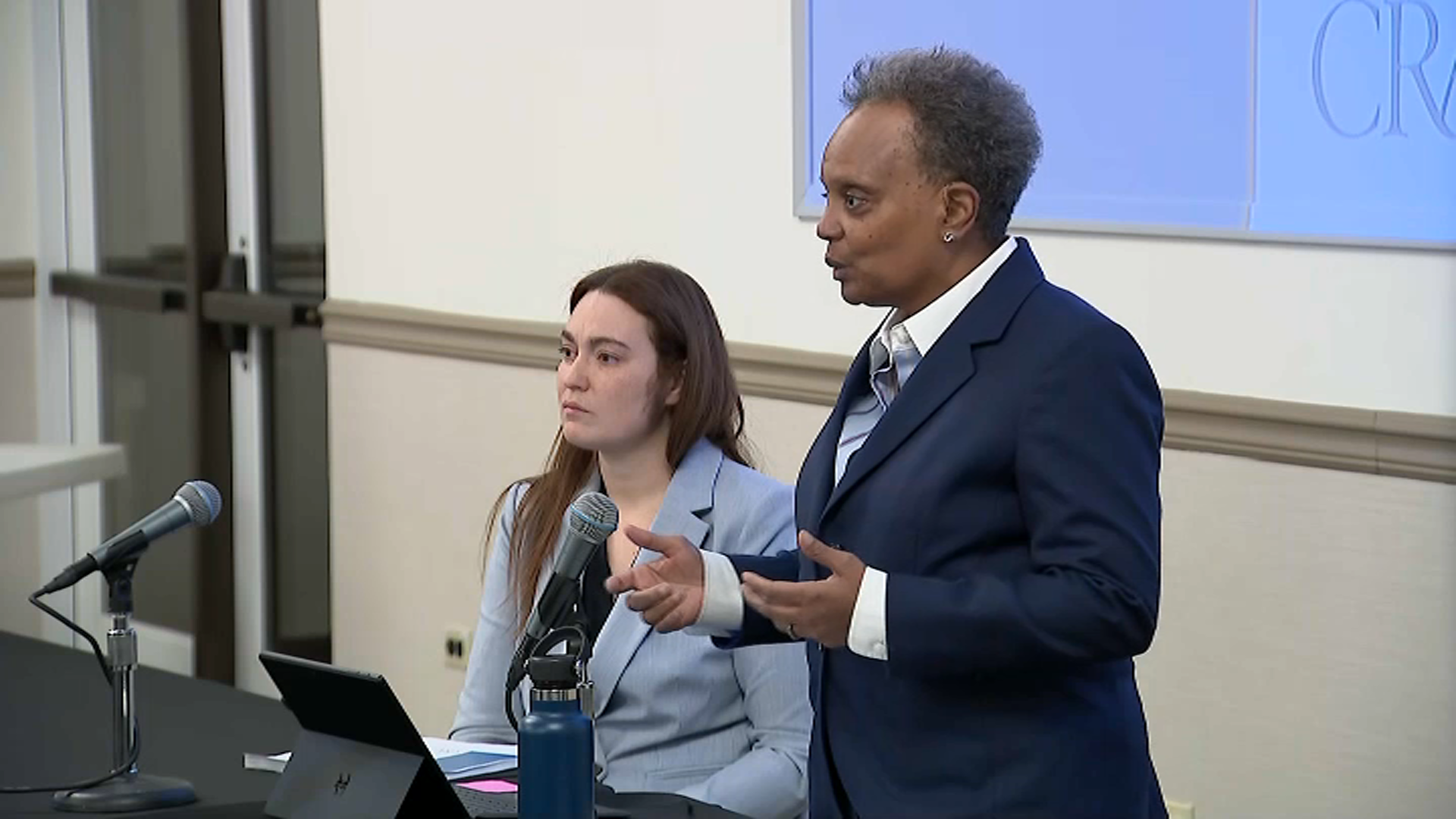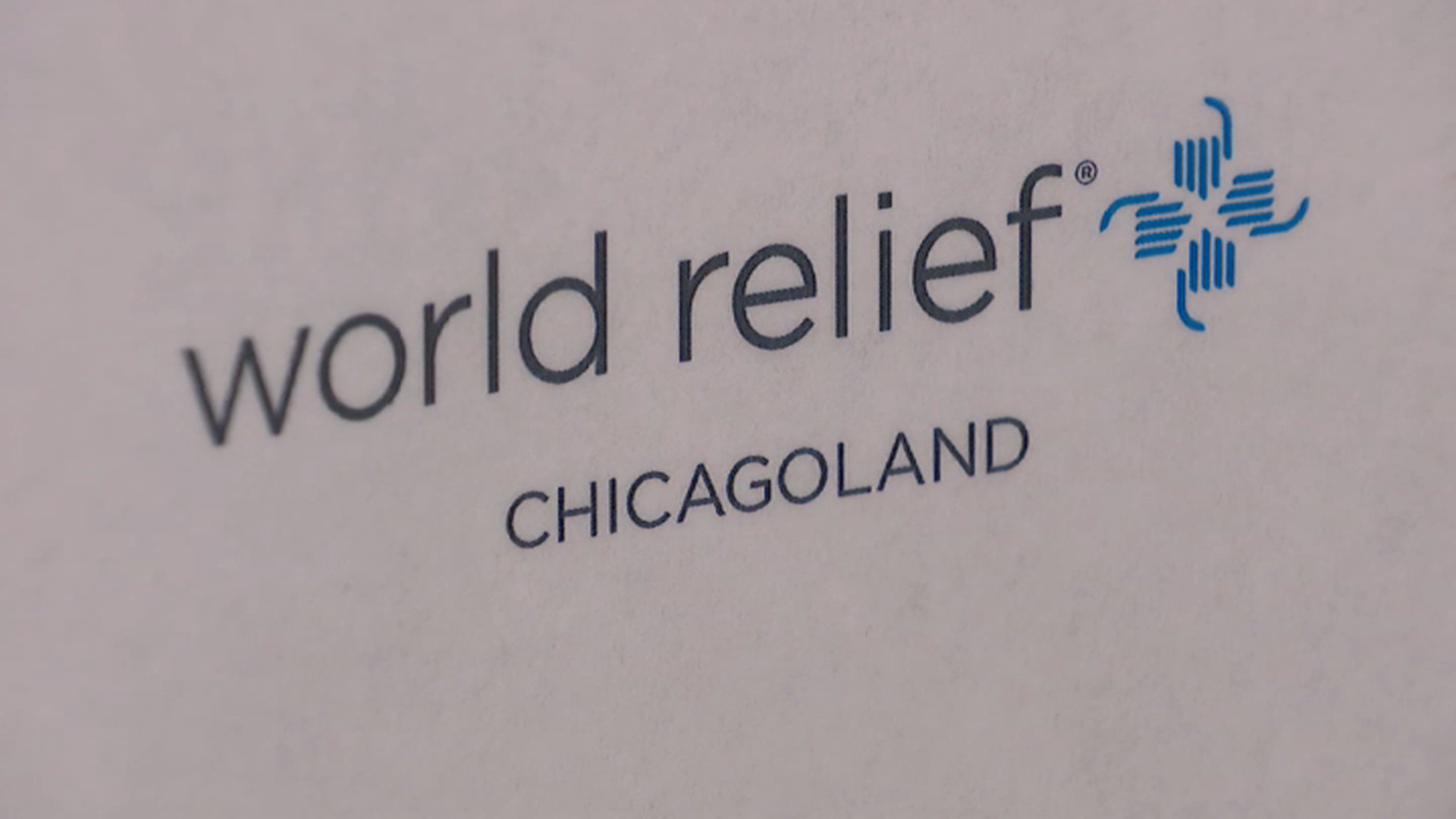After Princess Kate revealed she had been diagnosed with cancer on Friday, a child life specialist offered a number of suggestions for breaking such difficult news to children. NBC Chicago’s
Several questions remained unanswered about the health of Princess Kate of Wales on Friday following the monarch's revalation of her cancer diagnosis.
The Princess of Wales released a rare video statement, explaining she was undergoing preventative chemotherapy after cancer was found following a recent abdominal surgery. Kate has been out of the public eye since late December, leading to speculation over her well-being and whereabouts in recent weeks.
The 42-year-old wife of Prince William, Britain’s future king, asked for “time, space and privacy” while she is treated for an unspecified type of cancer that was discovered after what she described as “major” surgery.
“This of course came as a huge shock, and William and I have been doing everything we can to process and manage this privately for the sake of our young family,” she said.
Kate said it had been thought that her condition was non-cancerous until post-surgery tests revealed the diagnosis.
By choosing to speak directly to the country and the world about her condition, rather than issuing a statement through the palace, Kate offered a level of intimacy and transparency atypical of a member of the royal family and may help tamp down runaway conjecture. The king’s disclosure of his condition was also notably open by royal standards.
Kate said it has been “an incredibly tough couple of months” for her family.
Local
The Princess of Wales didn't rush into discussing her diagnosis with her children.
It took time to tell her three children Prince George, Princess Charlotte and Prince Louis in a way “appropriate for them” and reassure them she will be OK.
Feeling out of the loop? We'll catch you up on the Chicago news you need to know. Sign up for the weekly Chicago Catch-Up newsletter.
Kelsey Mora, a Chicago-area child life specialist, therapist and Chief Clinical Officer of a non-profit that supports children who have a parent with cancer, offered some suggestions for families upon learning of a diagnosis.
"I think adults feel overwhelmed with details, and kids don’t need all the details," she said. "They need an honest version of the truth. For really young kids, it's important to clarify how cancer is different to understand. Not contagious, nobody's fault."
Mora suggested starting these difficult conversations with an age-appropriate version of the truth.
"Parents who think I have to be strong for my kids or I can’t let them see me cry, not true," she said. "It's normal to be emotional. And kids should know it’s normal to have feelings."
To help, Mora created an interactive workbook to help kids understand what's happening and know they aren't alone.
"It’s so important for kids to know that they’re going to be supported," she said.



